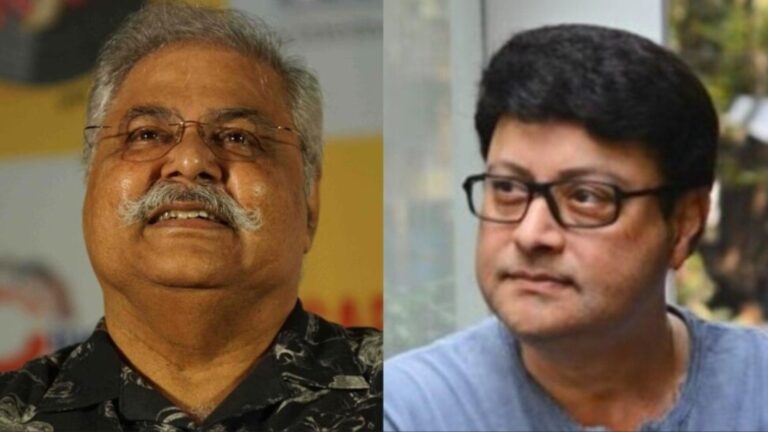Delhi High Court Reviews Surprising Allegations in Sunjay Kapur’s Will Case

Claims Arise in Sunjay Kapur’s Will Case
Karisma Kapoor’s children argue that their late father’s supposed will consistently uses feminine pronouns.
By Aadrika Sominder
On October 14, the Delhi High Court examined significant claims regarding Sunjay Kapur’s estate. This case, known as MS. Samaira Kapur & Anr v. Mrs. Priya Kapur & Ors, has garnered considerable attention as Karisma Kapoor’s children, Samaira and Kiaan, are challenging the legitimacy of their father’s purported will, which they describe as inconsistent and problematic.
A ‘testatrix’ Instead of a Testator
During the proceedings, Senior Advocate Mahesh Jethmalani presented arguments indicating that the alleged will could not have been authored by Sunjay Kapur. He noted that feminine pronouns were used in essential areas of the document, raising questions about its validity. “It would be highly unlikely for their father to have signed such a document,” he argued.
Jethmalani highlighted that the will, claimed to have been executed digitally, erroneously referred to Sunjay Kapur as “she” and “her” multiple times. He remarked, “This isn’t merely improbable; it’s deeply revealing.” He added, “A will supposedly written by a meticulous man would not contain such blunders regarding gender pronouns.”
One specific clause caught attention, where the document reads: “Signed and declared by Sunjay Kapur, the testatrix above named as and for her last will.” Jethmalani quipped, “It absurdly asserts that a male testator is now a female. This raises huge questions about its credibility.”
“An Acute Gambler”
In dramatic courtroom exchanges, Jethmalani referred to Priya Kapur as “an acute gambler,” implying she was taking undue advantage of her husband’s legacy. He concluded, “Her actions shouldn’t deprive two children of their rightful inheritance.”
While Priya Kapur’s legal team dismissed the challenge as driven by greed on Karisma Kapoor’s part, Jethmalani countered, “All they stand to inherit comes from their grandmother and father. To label them greedy while you pursue control is hypocritical.”
Questions Surround the Will’s Origin
Jethmalani further pointed out the lack of clarity regarding who actually drafted the will. “We have only a supposed digital signature of Sunjay Kapur, who appears like a ‘digital ghost.’ There’s no physical evidence, no handwriting, only unverified oral claims.”
He urged the court to recognize that neither Priya Kapur nor any witnesses have provided relatable evidence of who prepared the document.
Family Exclusion in the Will
Additionally, the will notably omits any mention of Sunjay Kapur’s mother, Rani Kapur, an important figure who always supported him. Jethmalani argued, “Such an exclusion is illogical and suggests the document was created by someone aiming to exclude her from the estate.”
He claimed that Priya Kapur controls a significant portion of the estate, reiterating that this scenario appears more as a takeover disguised as inheritance.
A Web of Contradictions
According to Jethmalani, the will is fraught with faults at every stage—preparation, circulation, and presentation. His statement, “There are noticeable omissions where signatures should be,” highlighted the uncertainty surrounding the document’s origins.
Furthermore, he questioned the absence of registration, stating, “A person of his status would not risk leaving a substantial estate open to dispute if he intended someone to be the sole beneficiary.”
Next Steps in the Hearing
This hearing continues to capture public interest, with the Delhi High Court set for another session on October 15.
What are your thoughts on the unfolding developments in Sunjay Kapur’s will case?




